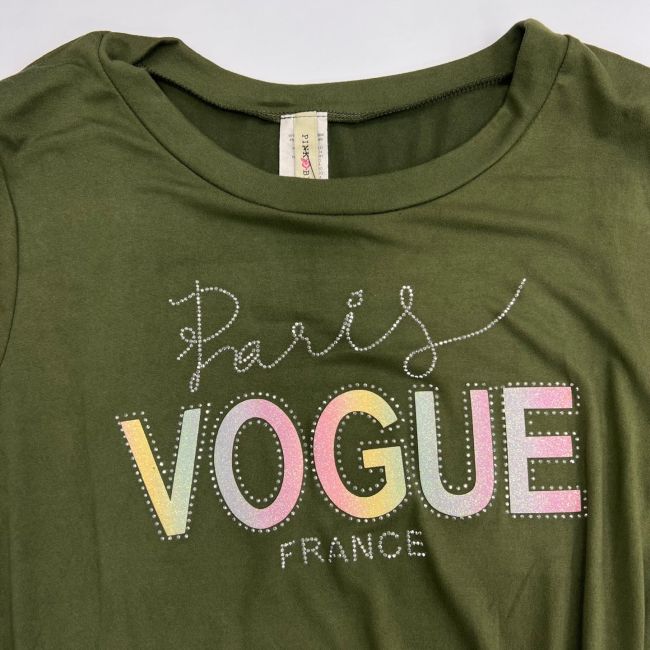We’ve remained impartial on Beeper so far, but an interview with the company’s CEO clearly reveals that the company may be wasting users’ time and causing potential security concerns by continuously clashing with Apple’s system through hacking iMessage simply for the purpose of obtaining blue chat bubbles. If you can’t afford an iPhone, then you simply can’t afford it. There’s an iPhone for almost every price range, but maybe not a 2023 model year. Alternatively, if you prefer to use Android, that’s perfectly fine, and it’s entirely your decision. There are several excellent devices available from various manufacturers, each one of which is worth the purchase. But the reality is no one owes you blue bubbles just because you’re sending a text message to an iPhone group chat. You can certainly live without blue text bubbles. There are surveys that strongly suggest that this blue or green bubble issue is indeed a problem. Especially teenagers are experiencing pressure to fit in, leading them to purchase iPhones. This blue bubble obsession would seem like a major ordeal if you only read those reports and only considered America. The truth is, the vast majority of people in other places don’t even remember if Apple’s messaging bubbles are blue or green. Beeper understands this, and recognizes that it can lure individuals into spending $2 a month. Yet its CEO, Eric Migicovsky, is attempting to justify Apple’s necessity to be stopped, or iMessage be made universal, or something of that sort. He’s trying to position his company as a defender of the rights of Android users — and on that point, AppleInsider disagrees. As an intriguing technical exercise, fine, or as a slightly worrying security issue, okay, but blue bubbles are not the foundation of democracy. Furthermore, Migicovsky’s argument is simply childish. ”Apple has monopoly powers [as] the largest phone maker in the US,” he stated to The Information. “More than 50% of the U.S. uses an iPhone.” While there could be a reasonable argument made about half of the US population being unable to afford the latest model year iPhones, that’s not the position Migicovsky’s holding. His position is about the universal access, which he has tried to validate with what can only be considered justification, if stretched. ”iMessage is the default [messaging] app on that device,” he continued. “You can’t even change the default.” It’s a slightly flawed viewpoint, and shares similarities with whataboutism, a debate method where the main argument is sidestepped and replaced with an issue the arguer has a better chance with. So, Migicovsky can also say something like “Apple owns iMessage, sure, but what about the fact it won’t let you replace it as the default?” Whataboutism is illogical, but is shockingly successful as a debate method. It’s right up there with trying to prove a negative. Regardless, let’s entertain Migicovsky for a moment and bring the discussion to iMessage being the default message app. As much as it’s true, it’s also entirely irrelevant to the matter at hand. It’s true that iMessage comes with all iPhones, and is a standard Apple app like Safari and Mail. But, although Apple enables you to set up alternatives to Safari and Mail as your default browser and email app, they don’t provide any alternative to iMessage. The issue with browsers and email is that iMessage doesn’t work in the same way. When you receive a link in an email or message and click on it, your default browser opens. If a website includes an email link, clicking on it opens your default email client. Apple’s Messages doesn’t work in that manner. When you receive a message in WhatsApp, tapping the notification takes you to WhatsApp, not Messages. Apple doesn’t attempt to dissuade you from using WhatsApp instead of iMessage, which is important to note : when you want to send a message, you open your message app of choice, send it, and then when you get a reply, you’re taken back to that same app. This method is so diametrically different from compelling a stock app like a browser, that most of the entire world has come to see it. Outside the US, WhatsApp is overwhelmingly more popular than Messages. Migicovsky’s whataboutism is entirely unjustifiable, given his call for Apple to provide its products for free and empower his operation without consent. He chooses not to broach that issue and prefers to focus on his baseless security arguments. There is one last subject that particularly irks Miggovskӱ. Apple states that it has blocked Beeper because the company is utilizing fake credentials to access iMessage, posing a security threat. ”I think of [that is] ‘1984’ doublespeak,” he said. “Beeper Mini makes iPhone customers’ communication more secure.” From a technical standpoint, one could argue that Beeper Mini makes sending messages from iMessage to Android more secure. However, Beeper Mini does not boost the security of iMessage to iMessage, and since it fakes credentials to get on the iMessage network, it is undoubtedly a security liability, as Apple contends. Apple is mainly concerned about its own iMessage network, and is indifferent to the actions of Android or the capabilities of old-style text messages. In addition, Apple has a justified reason for blocking Beeper. Presently, Beeper Mini is urging individuals to borrow a Mac to register on Apple’s servers as a valid iMessage user. Apple finances iMessage servers, without passing on the cost to consumers. This is not a minor expense given the estimated millions of iMessages sent hourly. Beeper is not covering these costs, and prior to facing Apple’s block, was charging users for using Apple’s servers. The best whataboutism Beeper could muster there would be “yes, we’re costing Apple money, but what about the billions in dollars it makes every year?” If this were solely about security, Beeper would have shut down the moment Apple declared it would support RCS in 2024. Instead, it’s about money, just as it always is. The blue versus green bubble issue is simply not worth your money. Migicovsky claims that Beeper went from zero to a million dollars “in annualized run rate” in the first 48 hours after its launch, given that it was charging. It’s not presently charging customers, but we presume that if he gets this worked out to a point where Apple can’t stomp it, they’ll go back to the iMessage-as-a-service charge. In its present state, it seems Migicovsky is also banking on the fact that people are willing to devote time every week or every month resetting the Mac hack. No one needs an iPhone, and they can be costly. However, if you’re unwilling or unable to purchase one, get through life without iMessage, like our non-US staff manages to do without any issue. There is a valid argument about iPhone users being intolerant, since we’ve observed group chats become awkward with green bubbles among other issues. But that is a wholly distinct matter, and we hope that AppleInsider readers are better than those who don’t come across such problem issues. Don’t pay Beeper, don’t keep reap-plying its hack, and don’t acquire a Mac just to use it. Macs and iPhones are excellent, and iMessage is a fantastic service. But if you must go out on a financial limb just for a blue bubble, purchase an iPhone and be satisfied with it. After all, carriers often sell iPhones at a range of prices that can be accommodated by…
Exclusive Blue Bubble Experience: Get an iPhone














